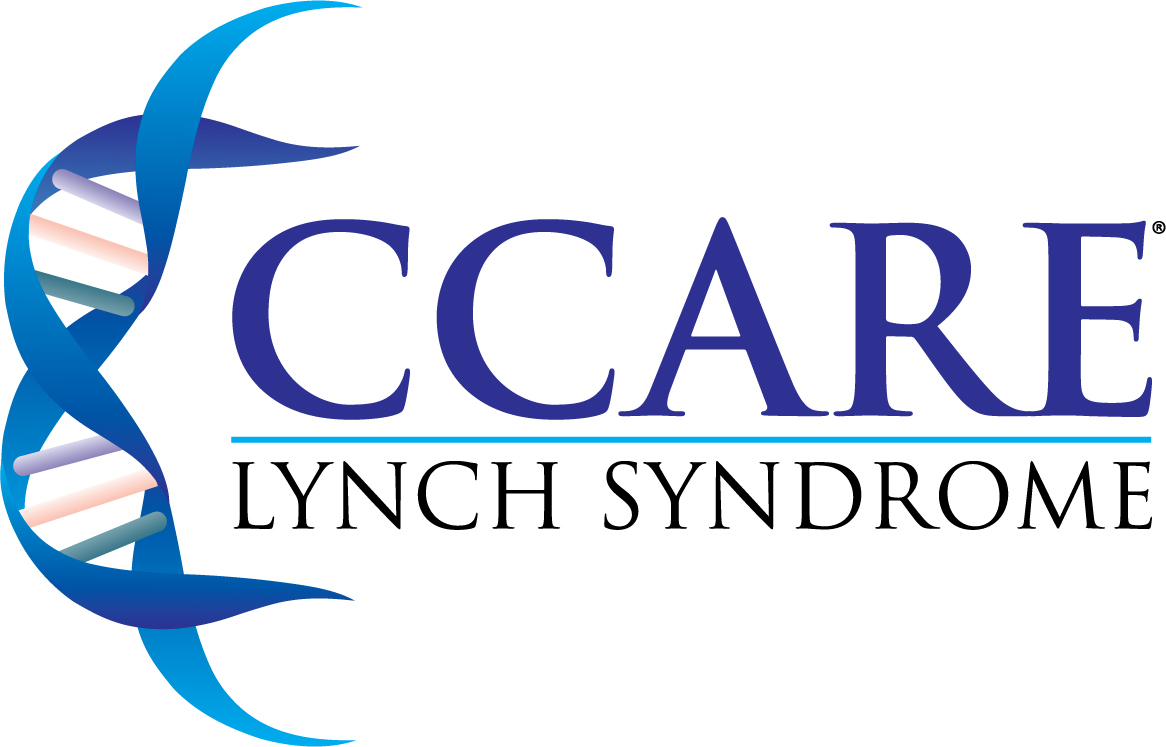
Preventive Surgery
Colon
Recommendations from the National Comprehensive Cancer Network, (NCCN), a NIH research consortium considers subtotal colectomy as an option for persons with Lynch Syndrome who have adenomatous polyps and those who are not willing or unable to undergo periodic colonic surveillance. The thought process is by removing 30% of the colon the overall risk is decreased 30%. Likewise if 2/3 of the colon is removed the risk is reduced by 2/3. So a subtotal colectomy, which removes about 90% of the colon , should reduce the risk to just 10% of baseline. Also, this allows a screening flexible sigmoidoscopy to be utilized instead of a full colonoscopy. This should increase screening follow-up rates and decrease costs. Since a sigmoidoscopy does not always require anesthesia, besides overall cost, recovery time and surgical are also reduced. A recent article, "Deciding the operation type according to mismatch repair status among hereditary nonpolyposis colorectal cancer patients: should a tailored approach be applied, or does one size fit all?", published in Hereditary Cancer in Clinical Practice backed up this hypothesis showed an improved disease free survival for lynch patients comparing extended colectomy vs a segmental colectomy.
Uterine
In 2006 an excellent article,"Prophylactic surgery to reduce the risk of gynecologic cancers in the Lynch syndrome," was published in the New England Journal of Medicine. This study showed a significant risk reduction by utilizing a preventative hysterectomy with bilateral salpingo-oophorectomy. The control group had a 33% incidence of endometrial cancer and 5% incidence of ovarian cancer, compared to no endometrial or ovarian cancer in the TAH BSO group. Based on this study and several others, the National Comprehensive Cancer Network, NCCN, recommends a hysterectomy and bilateral salpingo-oophorectomy be presented as an option to female patients, with a discussion of the risks and benefits. It is advised to have surgery after childbearing is completed or after the age of 40. However, if the family history is significant at an earlier age or if testing requires surgery prior to the completion of childbearing, it is important to consider egg cryopreservation.

